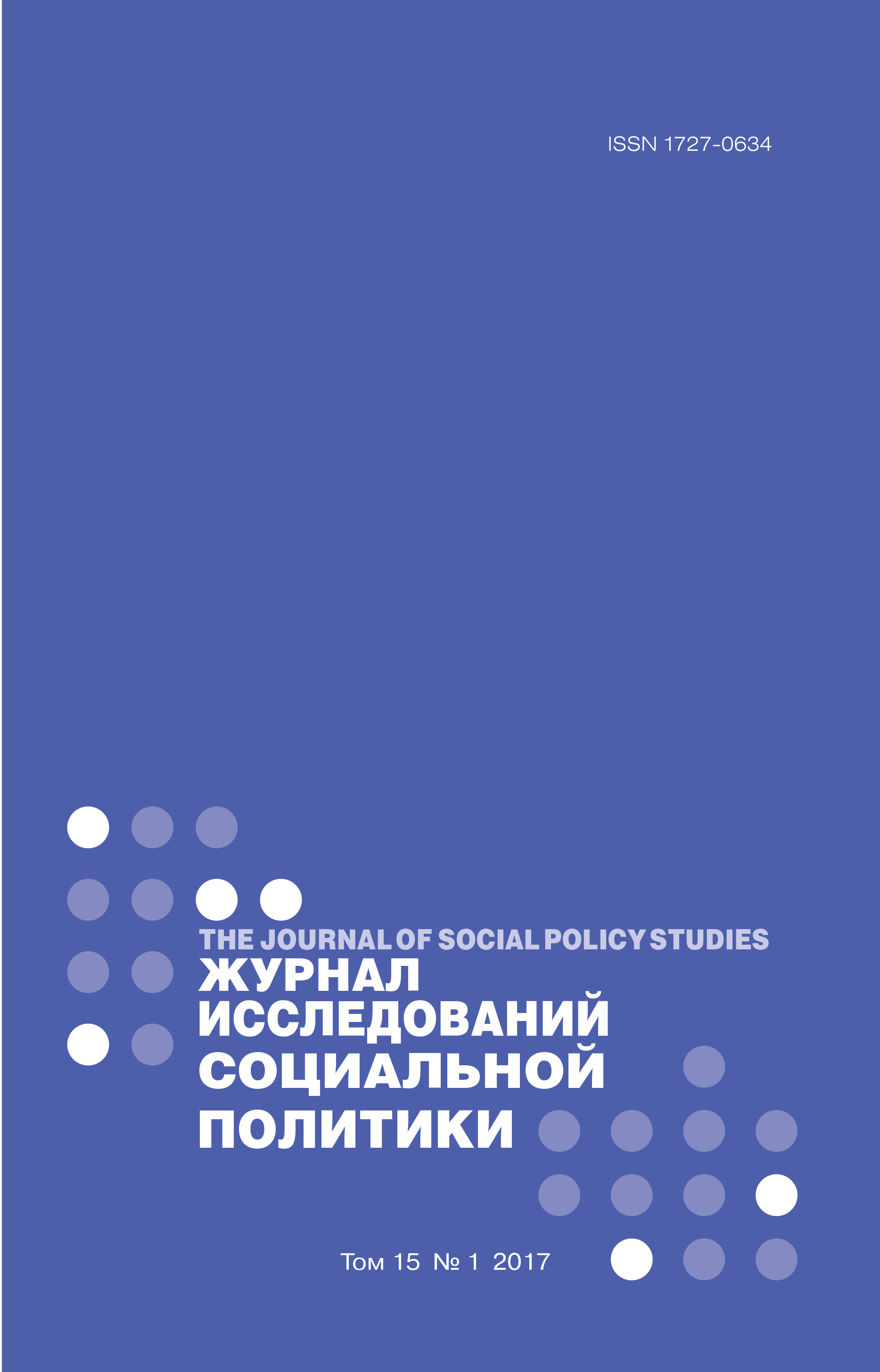The Role of State Contracts in Shaping Social Responsibility among Russia’s Regional Mass Media
Abstract
The article examines how social models of mass media are implemented in modern Russia, with a special focus on regional media markets, which have specific institutional conditions. This includes the absence of public service media as an institutional force and the powerful paternalistic role played by the Russian state. These conditions have resulted in the emergence of a special set of mechanisms at play in the social functioning of mass media in Russia; that of state 'informational contracts'. This research is based on a comprehensive database of these contracts, including all contracts signed between state agencies and media companies from 2011 to 2014 in four Russian regions: the Republic of Tatarstan, Tomsk region, Rostov region, and the Republic of Mordovia. The implementation of a quantitative analysis demonstrated a number of inequalities between the regions of this sample. One area where dramatic differences could be observed was in the amount of financing and the number of signed contracts. More often than not state customers came from government bodies while, in contrast, the media suppliers were commercial companies. The main media channels used to spread the information specified in the contracts were common to all the regions, both in press media and television. A significant part of the contracts from our database concern how the activities of regional and municipal authorities are to be covered. However, there is an uneven share of contracts with such topics in the regions from the sample. What is revealed is how prevalent such informational contracts are in regional media markets, to the extent that they have become an embedded practice. It would be misleading to interpret this as no more than a form of state support to media outlets struggling from a lack of advertising revenue in the regions; these contracts also allow mass media to fulfill a version of social responsibility. At the same time, state intervention and the lack of control from the audience lead to a situation where socially significant information is closely intertwined with ensuring to loyalty to the authorities. By providing funds and playing the role of customers, the state authorities offer their own interpretation of what items are of 'social and public significance' to them, as well as deciding the level of attention given to certain topics in the mass media.















